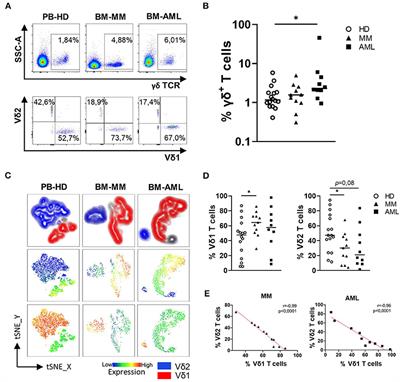EDITORIAL
Published on 25 Apr 2023
Editorial: Pathological reactions of cytotoxic lymphoid cells as universal therapeutic targets in cancer and autoimmune disease
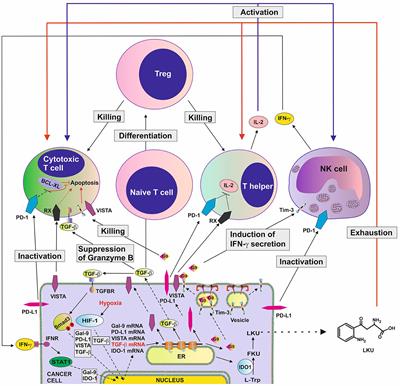
doi 10.3389/fmed.2023.1186318
- 556 views
- 1 citation
10k
Total downloads
34k
Total views and downloads
You will be redirected to our submission process.
EDITORIAL
Published on 25 Apr 2023

ORIGINAL RESEARCH
Published on 13 Jan 2023
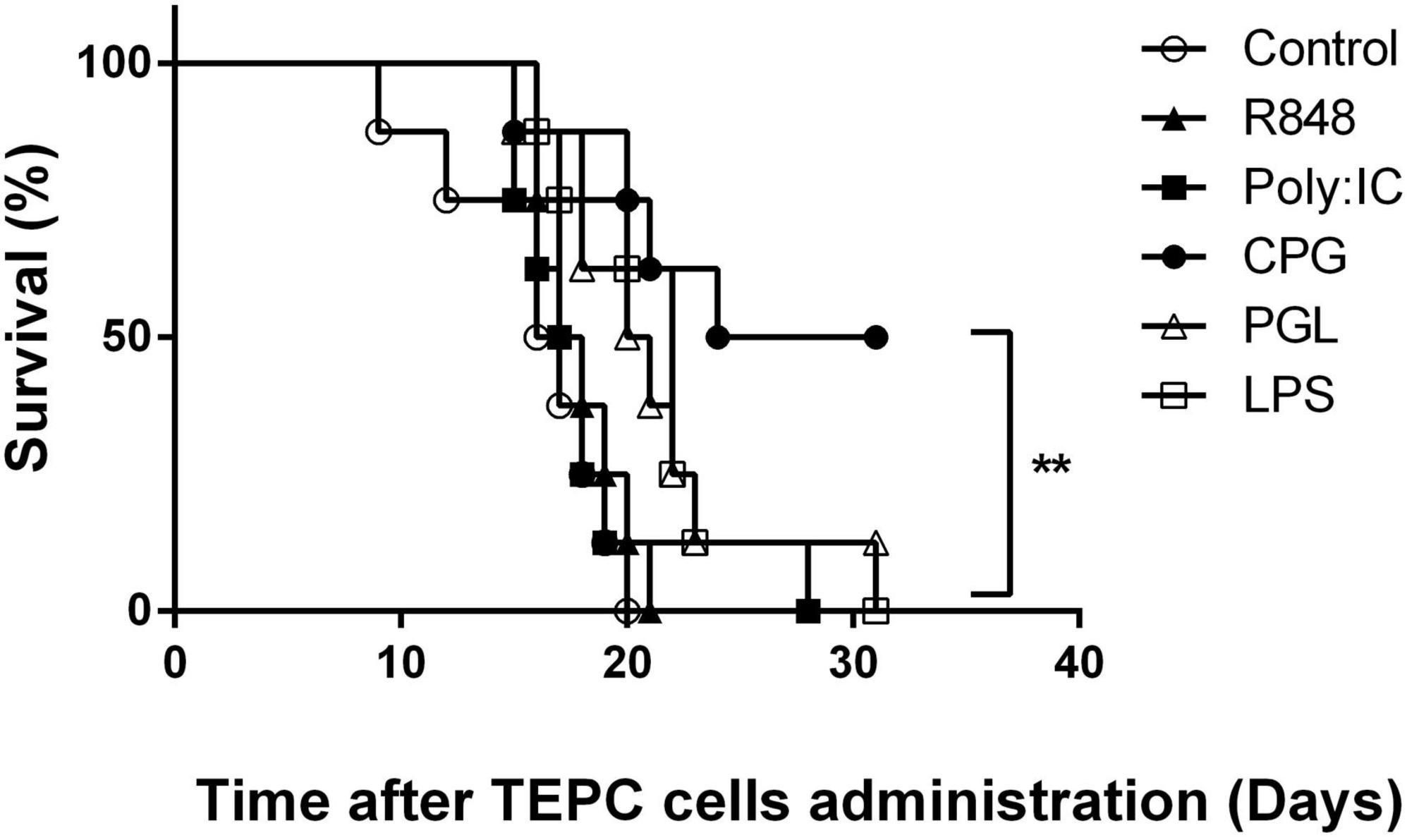
ORIGINAL RESEARCH
Published on 26 Oct 2022
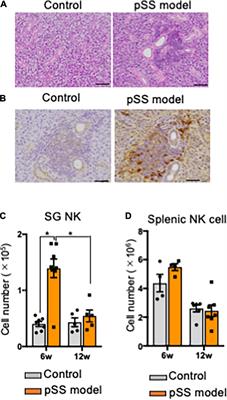
ORIGINAL RESEARCH
Published on 24 Oct 2022
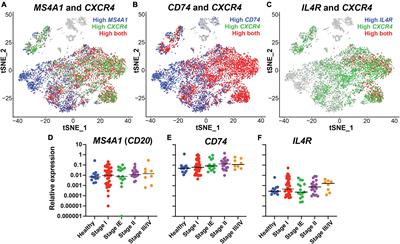
CLINICAL TRIAL
Published on 17 Oct 2022
![A new small molecule DHODH-inhibitor [KIO-100 (PP-001)] targeting activated T cells for intraocular treatment of uveitis — A phase I clinical trial](https://www.frontiersin.org/files/myhome article library/1023224/1023224_Thumb_400.jpg)
MINI REVIEW
Published on 13 Oct 2022
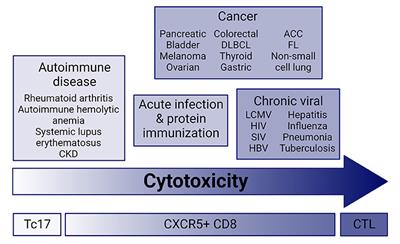
MINI REVIEW
Published on 05 Oct 2022
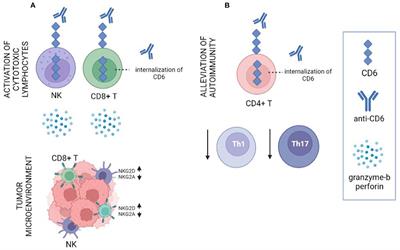
BRIEF RESEARCH REPORT
Published on 13 Jul 2022
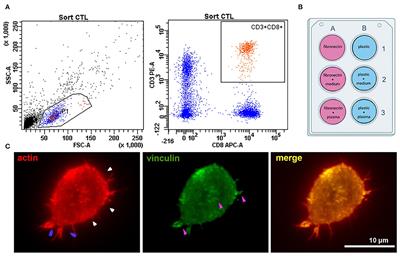
ORIGINAL RESEARCH
Published on 05 Apr 2022
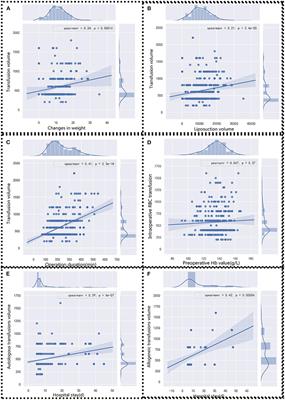
BRIEF RESEARCH REPORT
Published on 10 Feb 2022

ORIGINAL RESEARCH
Published on 08 Nov 2021
